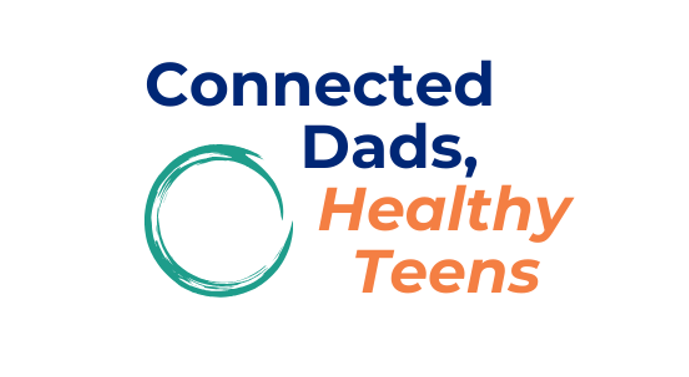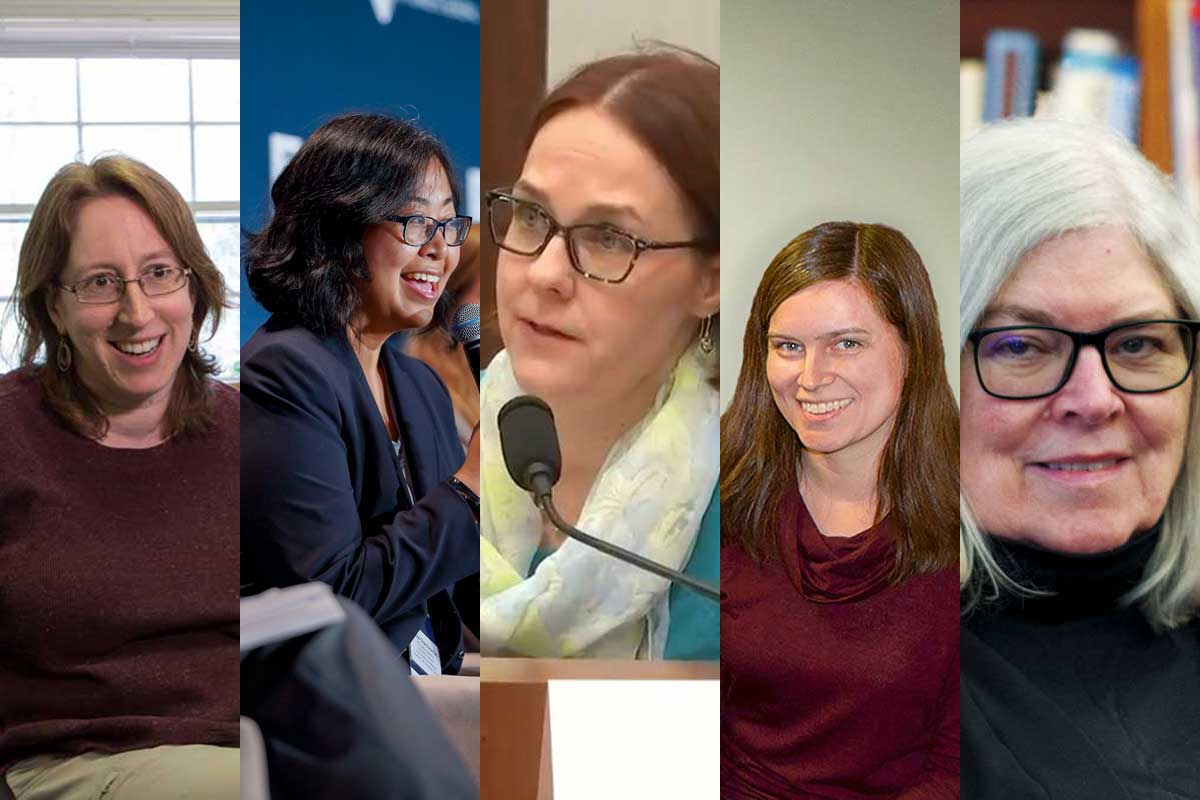
Jennifer M. Grossman
Senior Research Scientist
- Ph.D., Boston College
- jgrossma@wellesley[dot]edu
- CV
Research interests include adolescent development, with a focus on sexual health and risk-taking and racial and ethnic identity
Jennifer M. Grossman, Ph.D., is a senior research scientist who leads the Family, Sexuality, and Communication research initiative at the Wellesley Centers for Women. Her research uses quantitative and qualitative methods to investigate adolescent development, sexual health, and risk-taking, with an emphasis on family communication about sex and relationships and contexts of teens’ environment and identities, such as gender and LGBTQ+ identities.
Grossman also develops and evaluates programs to support adolescents’ health and family-teen communication, such as her recent creation of the Connected Dads, Healthy Teens program. She is starting new work to adapt this program to support LGBTQ+ teens and their fathers. She has also taught Wellesley College courses in the Psychology and Writing departments.
Grossman leads two grants to support her work in sex education. The first is a grant from the National Institutes of Health to develop and pilot an intervention for fathers and teens to support healthy family communication about sex and relationships. This study, Feasibility and acceptability of a father-based intervention to support adolescents’ reproductive health, is significant because few interventions support fathers’ talk with their teens about sexual topics, even though these conversations can promote teens’ health. Through this project, Grossman and her colleagues developed the Connected Dads, Healthy Teens program, a 4-week online intervention to promote teens’ health and support fathers’ positive communication with their teens about sex and relationships.
Recently published findings from their pilot assessment showed that fathers and teens who participated in the Connected Dads, Healthy Teens program showed statistically significant increases in sexual health knowledge, and frequency and comfort with father-teen communication from before to after the program. Fathers also showed increased self-efficacy for father-teen communication and teens showed increased self-efficacy for communication with a partner. Interviews with fathers who joined the program found that they highly valued the program’s skill-building components and tips for how to talk with their teens about challenging topics and noticed new closeness with their teens after doing the program.
The second project was a grant from the U.S. Department of Health and Human Services to evaluate the effectiveness of Get Real: Comprehensive Sex Education That Works, a comprehensive sex education program for high school students. For this project, WCW partnered with Planned Parenthood League of Massachusetts as the program developer and Planned Parenthood of Greater Ohio, which implemented Get Real in Cleveland, Ohio public high schools. Grossman and her colleagues currently have funding from Planned Parenthood League of Massachusetts to continue to collect and analyze data to assess the effectiveness of Get Real in delaying and reducing high school students’ sexual risk behaviors using a Randomized Controlled Trial (RCT), which is the gold standard for effectiveness research.
Grossman completed a two-year study funded by the National Institutes of Health to investigate how teens and their fathers communicate about sex and relationships, and what effects this communication has on teens’ sexual behavior. This study, Father-adolescent communication and adolescent reproductive health, is significant because it assesses under what conditions father-teen sexuality communication predicts teens’ sexual health, and because it involves an in-depth assessment of this communication from multiple perspectives.
Grossman previously conducted several studies funded by the National Institutes of Health that examined family communication about sex and relationships: Adolescent Communication with Family and Reproductive Health, Teen-parent health communication over early, middle, and late adolescence, Risk Behaviors Among Offspring of Teen Parents: Effects of Parenting on the Next Generation, and Communication About Sex in the Nuclear Family.
She also co-directed an evaluation of Planned Parenthood’s comprehensive middle school sex education program, also called Get Real, and was the lead author of a published study that showed the effectiveness of Get Real in delaying sex for boys and girls. Based on these evaluation findings, Get Real was designated by the U.S. Department of Health and Human Services as an evidence-based program, which means that schools and organizations can use federal funding to teach Get Real in their communities.
Grossman has been principal investigator on seven grants from the Eunice Kennedy Shriver National Institute of Child Health and Human Development of the National Institutes of Health and continues to collaborate with Planned Parenthood League of Massachusetts as the evaluator of its sex education programs.




